Latin America rallies to congratulate Chile's youngest ever leftist president
Leaders in Latin America have rallied to congratulate Chile’s President-elect Gabriel Boric, who defeated his far-right rival Antonio Kast to become the country’s youngest leader ever.
With almost 99 percent of polling stations reporting, Boric with 56 percent of the votes clearly trumped his closest rival, who garnered 44 percent of the votes.
Congratulatory message for the 35-year-old leftist leader started pouring in, led by President Alberto Fernández of Argentina, who pledged to “strengthen ties” with the new Chilean government to combat “inequality” that plagues the region.
Argentinean vice president Fernández de Kirchner had earlier sent her congratulations to Boric and asserted that “the people always come back.”
Bolivian President Luis Arce also hailed the historic victory of the leftist lawmaker, saying it represented “the triumph of the Chilean people” and the “strengthening of Latin American democracy.”
“Latin American democracy is strengthened based on unity, respect and, above all, the will of our peoples,” Arce wrote in a Twitter post.
Venezuelan President Nicolás Maduro also praised the Chilean president-elect on his electoral win, hailing it as an “overwhelming victory over fascism,” a swipe at Boric’s far-right, pro-Pinochet rival.
Maduro also recalled the popularity of Chile’s former president Salvador Allende, who was toppled by a US-sponsored coup to install brutal military dictator, Gen. Augusto Pinochet.
In his congratulatory message to Boric, Cuban President Miguel Díaz-Canel reaffirmed the will to “expand bilateral relations and cooperation” between the two peoples and governments.
Peruvian President Pedro Castillo and Uruguay’s President Luis Lacalle Pou also rushed to congratulate the Chilean president-elect.
“The victory you have achieved is that of the Chilean people and the Latin American people who want to live with freedom, peace, justice and dignity share it,” Peru’s Castillo said in a message.
Congratulations also poured in from other leaders across Latin America, including Brazil's ex-president Luiz Inacio Lula da Silva, as well as right-wing presidents Ivan Duque of Colombia and Guillermo Lasso of Ecuador.
Tens of thousands of Chileans took to the streets of the capital and other cities after Kast admitted the defeat, honking car horns in approval, brandishing pro-Boric placards, and shouting: "Viva Chile!"
Boric had campaigned on the promise of installing a "social welfare" state, increasing taxes and social spending in a country with one of the world's largest gaps between rich and poor.
Branded a "communist" by his detractors, Boric in his first official address pledged to "expand social rights" in Chile, but to do so with "fiscal responsibility."
Some observers, however, emphasize that in current global conditions, the “right” or “left” labels no longer ring sensible and do not lead to pertinent analysis.
Nowadays, they argue, the actual rivalry is between supporters of US version of “world order” and those who oppose it, and Chile is now among the dissenters.
Boric further reiterated his plans to bring about what he described as "a more humane Chile, a more dignified Chile, a more egalitarian Chile".
Outgoing President Sebastian Pinera – a conservative billionaire – held a video conference with Boric to offer his government’s full support during the three-month transition period.
“I am going to be the president of all Chileans,” Boric said in the brief televised appearance with Pinera. “I am going to do my best to get on top of this tremendous challenge.”
Boric, who will take office in March, has tapped into public anger at Chile’s market-oriented economic model, widely considered to have helped drive decades of rapid economic growth but stoking inequality.
Chileans voted overwhelmingly last year in favor of drawing up a new constitution to replace the one enacted in the Pinochet years.
The 2020 referendum was in response to an anti-inequality social uprising in 2019 that left dozens dead.
The drafting process, in the hands of a largely left-leaning body elected in May, must yield a constitution for approval next year, on the new president's watch.
Pinera, who leaves office with a low approval rating, said Sunday the country was living in "an environment of excessive polarization, confrontation, disputes."
A native of Punta Arenas in Chile’s far south, Boric led the Federation of Students at the University of Chile in Santiago. He rose to prominence while leading protests in 2011 demanding improved and cheaper education.
By 2014, still in his 20s, he had joined the national Congress as a lower-house legislator, representing Chile’s vast and sparsely populated southernmost region of Magallanes.
On the campaign trail this year, he pledged to “bury” the neoliberal economic model left by General Pinochet’s 1973-1990 dictatorship and raise taxes on the “super rich” to expand social services, fight inequality and boost protection of the environment.
Israeli keeps killing more Palestinian civilians in Gaza amid relentless ceasefire violations
Aliyev: Azerbaijani territory will not be used for threats against Iran
Turkey arrests two on charges of spying for Israeli regime
Iran FM declares ‘good start’ as US–Iran talks conclude in Muscat
Iran strongly condemns 'terrorist' mosque blast in Islamabad
Iran enters talks backed by national power, popular support: MP
France, UK involved in assassination of Muammar Gaddafi's son: Reports
Shia mosque explosion in Islamabad kills more than 30, injures over 160



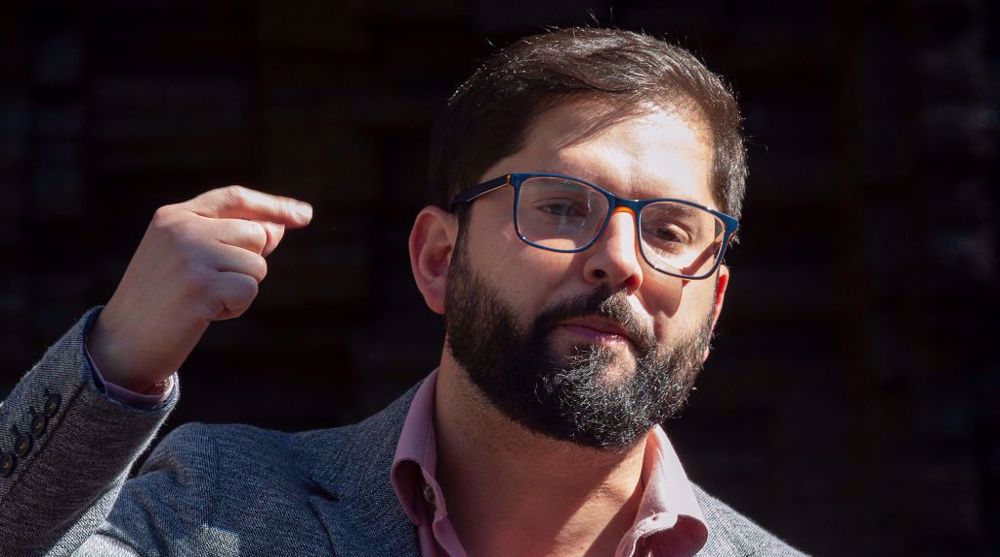
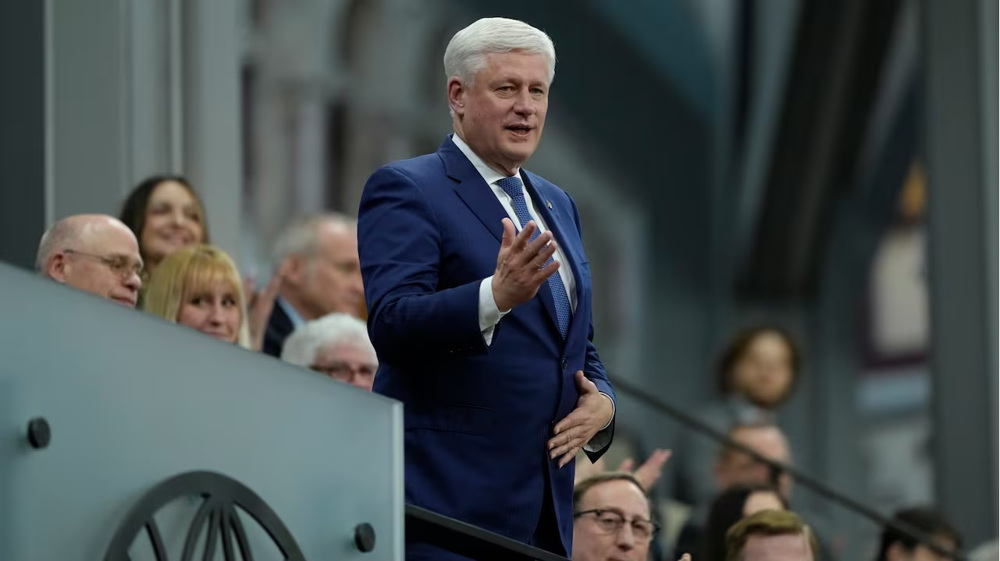
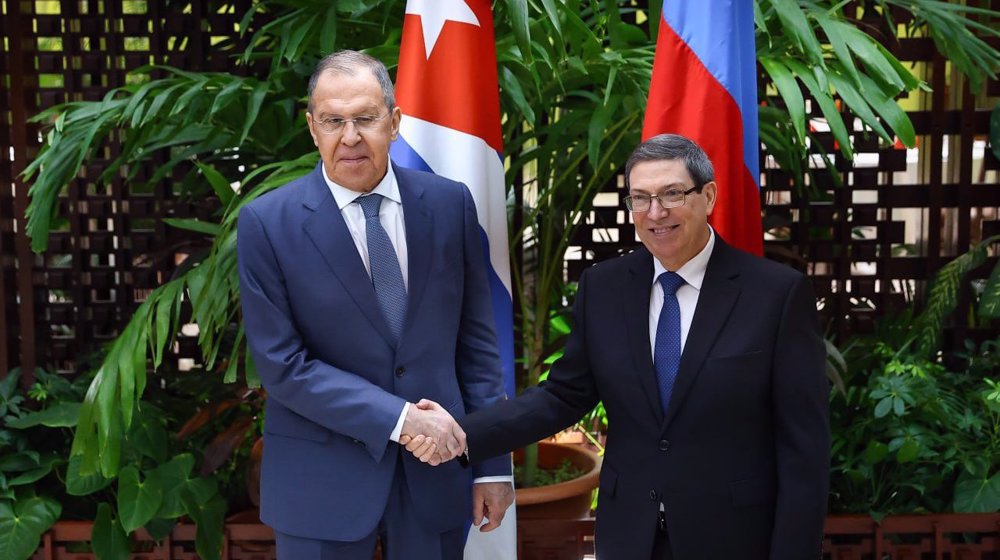
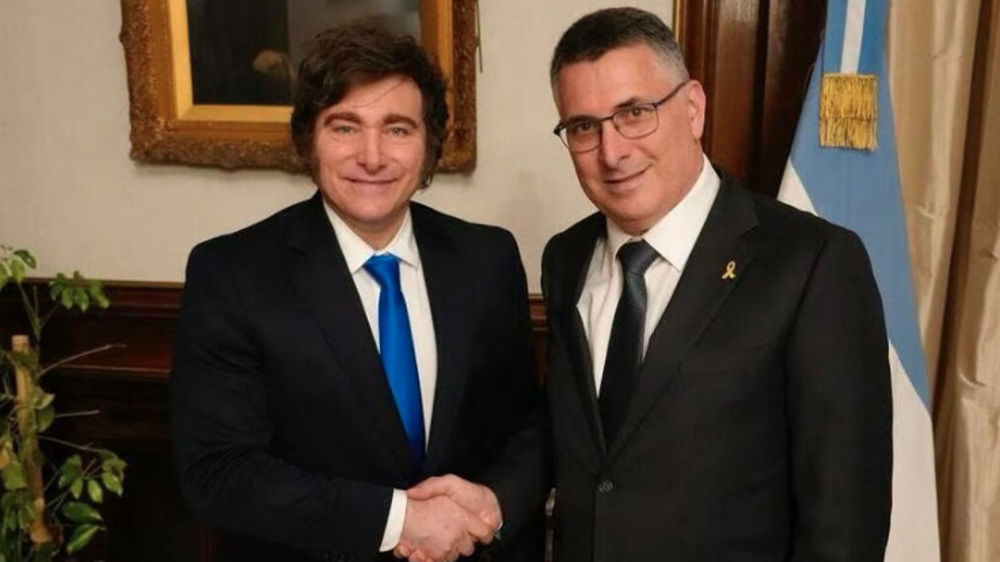



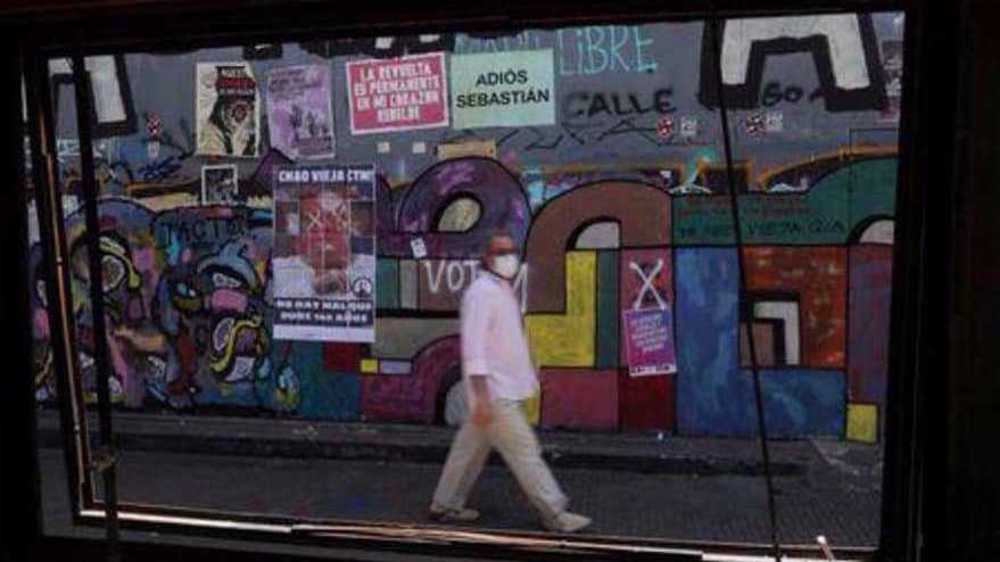
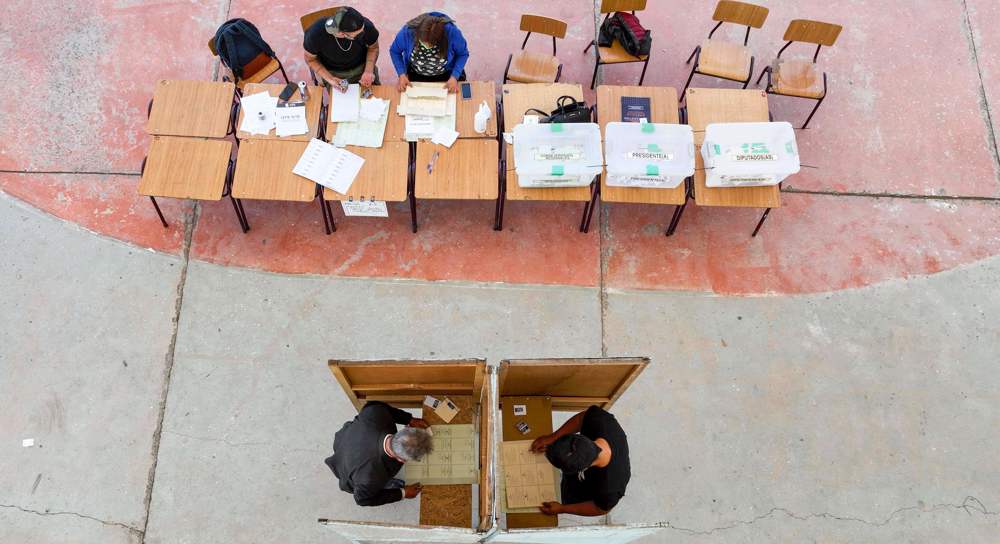

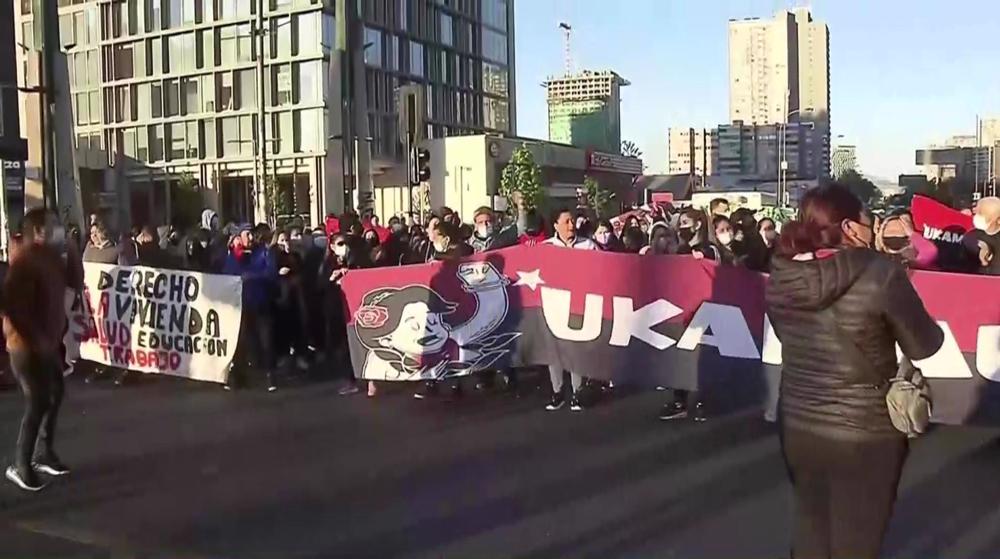
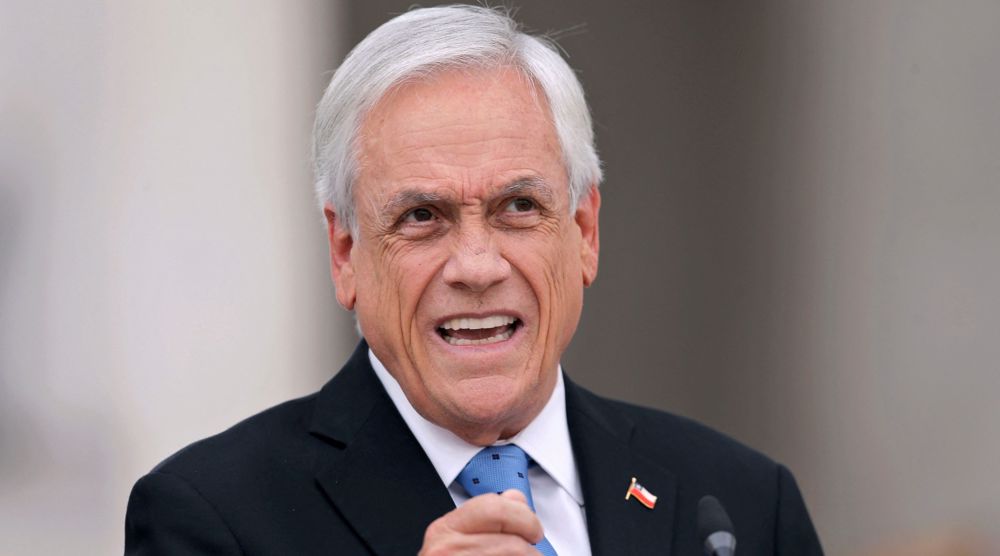

 This makes it easy to access the Press TV website
This makes it easy to access the Press TV website